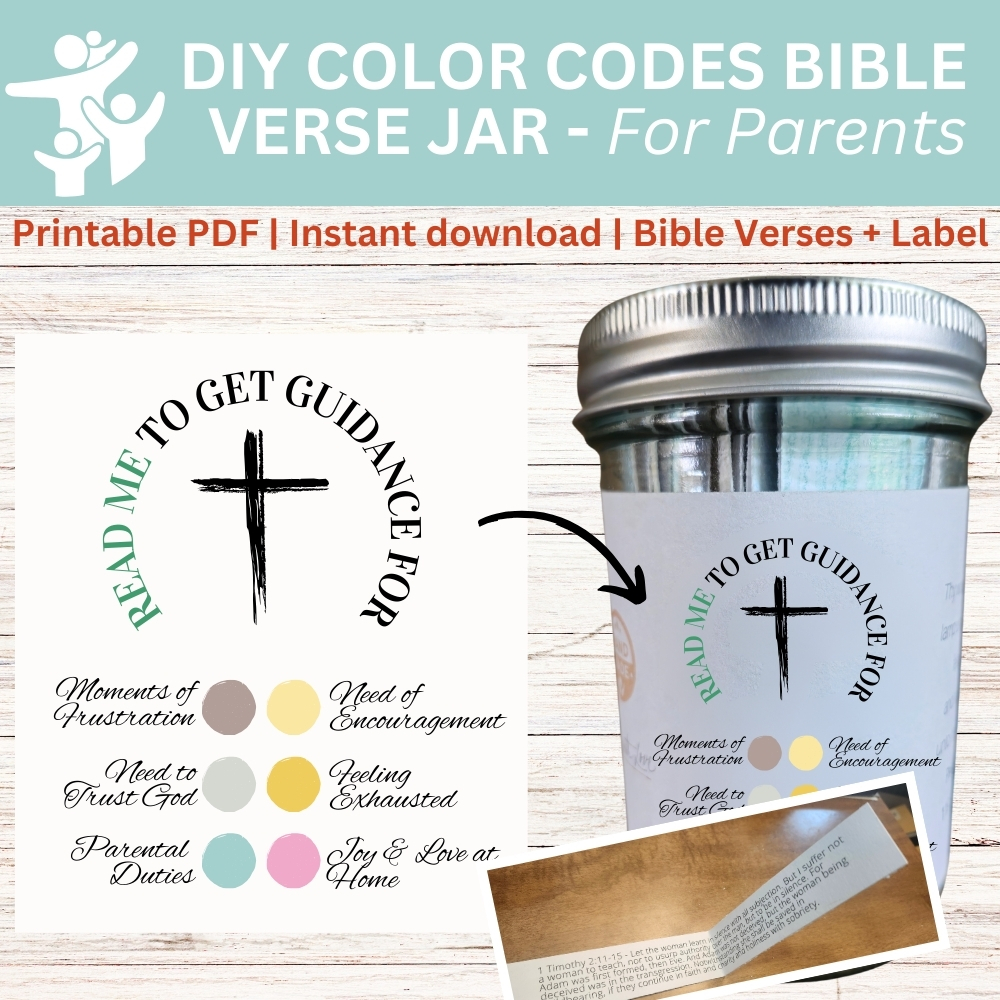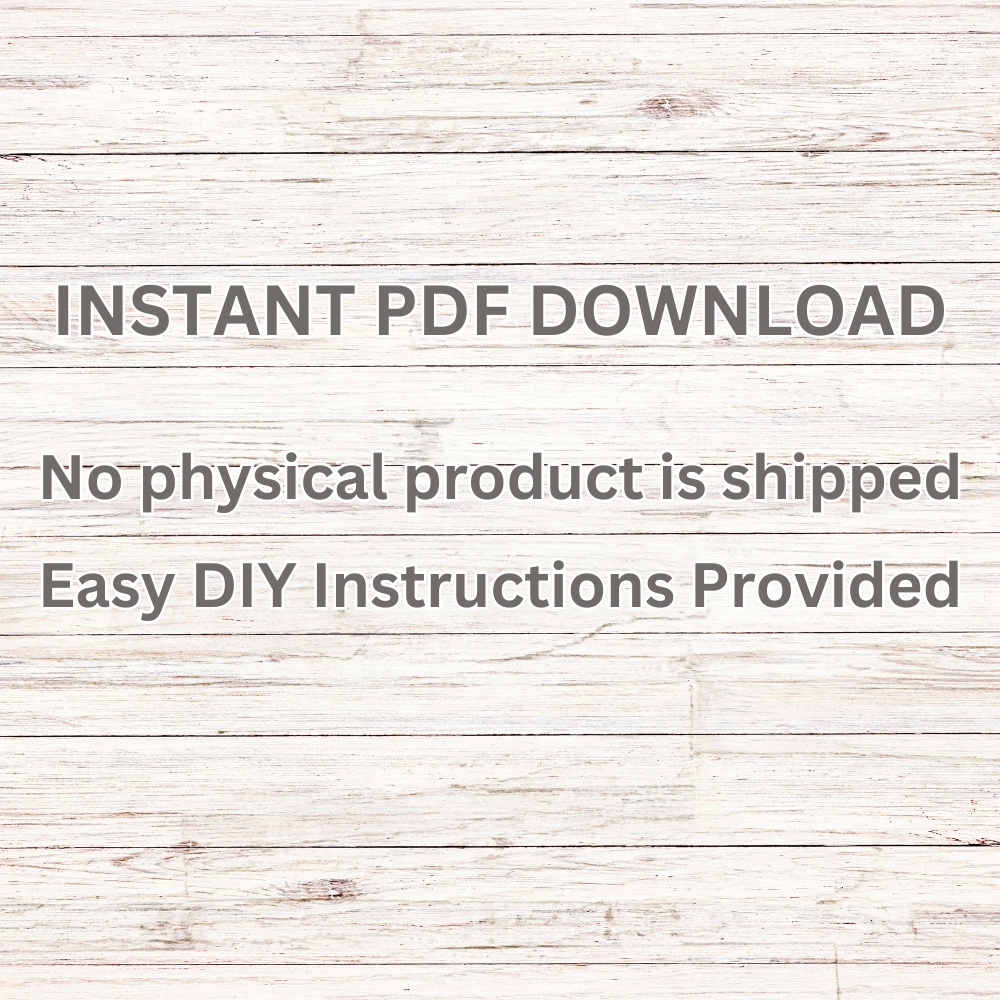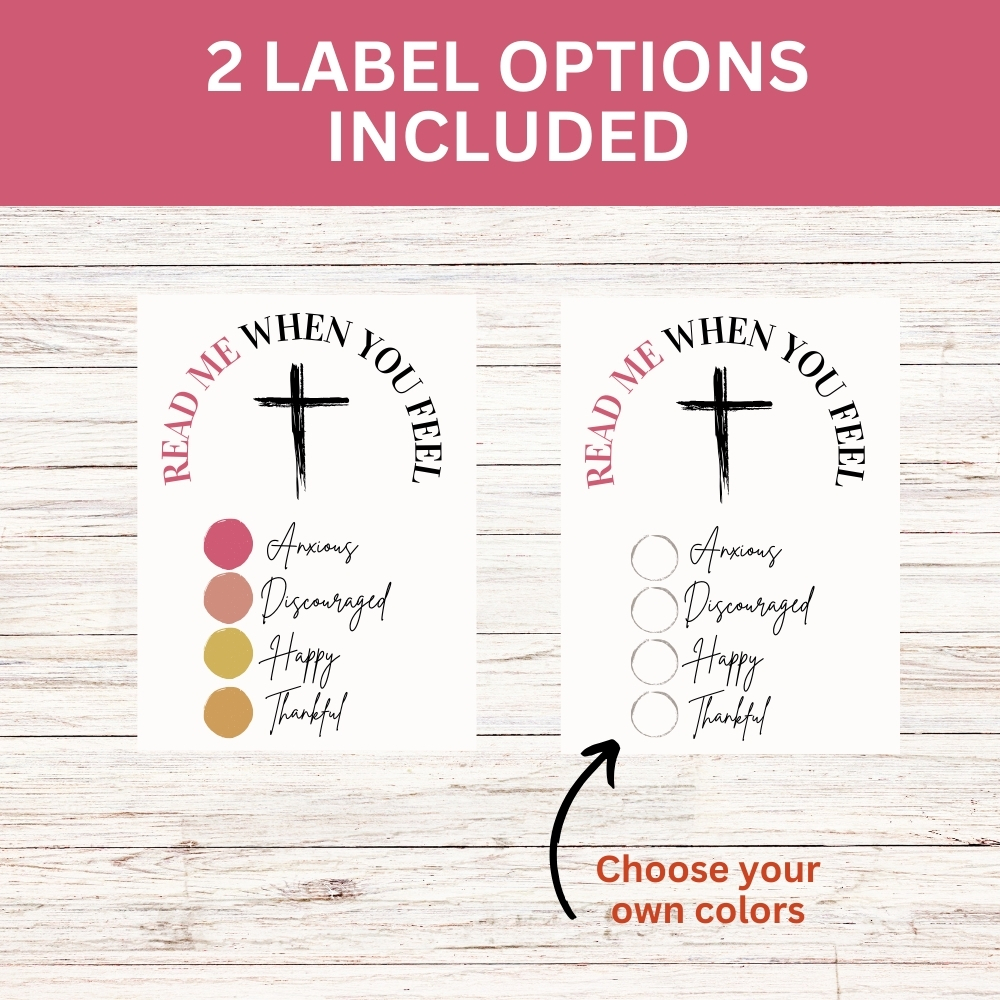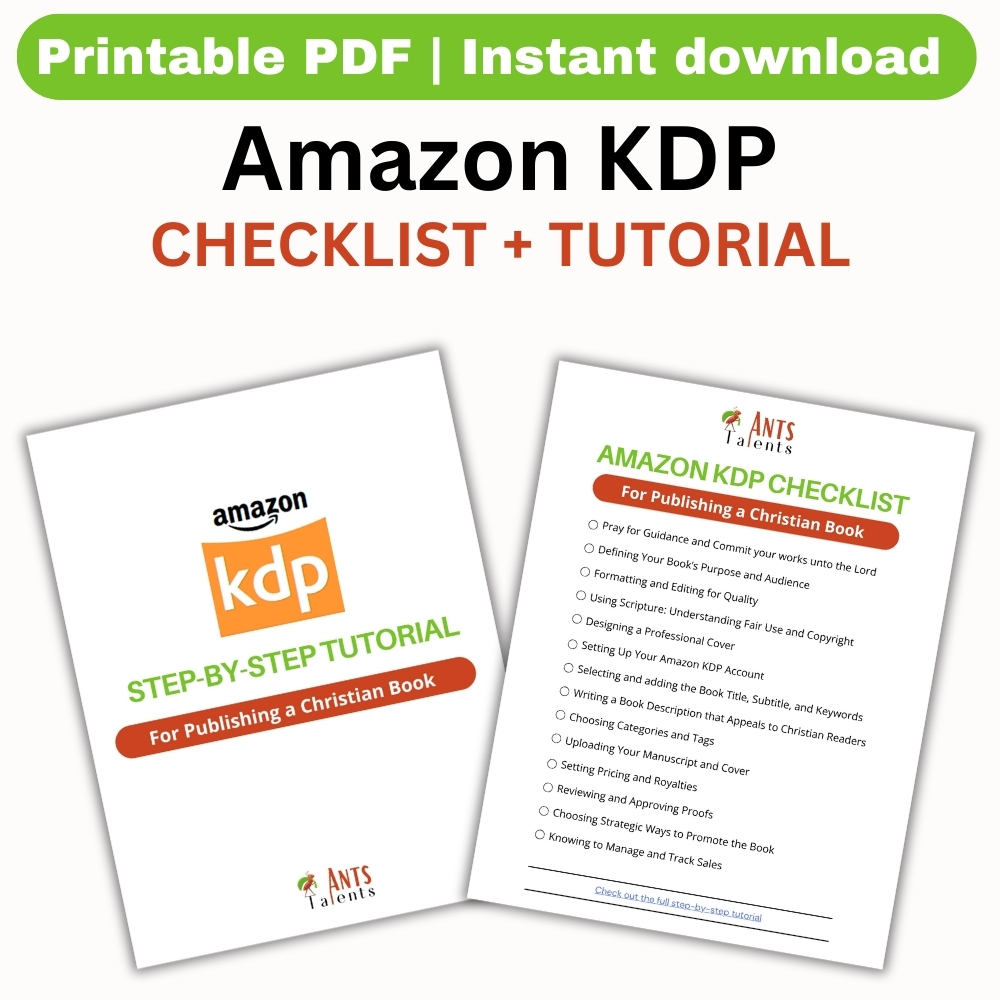 Planning to sell plant-based food online can be exciting and the start of a great adventure. It has so many advantages and can be a great blessing to you and others.
Planning to sell plant-based food online can be exciting and the start of a great adventure. It has so many advantages and can be a great blessing to you and others.
Below you find the answers to the 4 questions to make sure that your food activity will be in line with the law. Don’t worry, it is not as complicated as it seems.
And remember, if God placed the desire in your heart to start a food business and that He gave you a talent for it…where there is a will, there is a way!
Here are 4 questions & answers that will help you go through the process of selling plant-based food online:
Question #1: Do you need to register a food facility?
According to the FDA, home-based businesses don’t need to register their home kitchen. However, they still need to follow the FDA and local health departments regarding food safety.
Contact your county or city’s health agencies to understand the regulations in your area.
Meanwhile, if you plan to have a commercial kitchen to produce and pack your products, you need to register it with the FDA before you start selling.
Question #2: What do general food laws say?
Under the Food and Drug Administration’s (FDA) regulation, food products are categorized into two types – high-risk and low-risk.
Low-risk food products are allowed to be produced in domestic kitchens. This category includes baked goods, dried fruits, jams, candies, and oat flakes.
Meanwhile, high-risk food must be manufactured in commercial kitchens. Food items included in this category are prone to microbiological contamination.
Question #3: What are the necessary licenses and permits to sell food online?
– General business license – the necessary permission to sell in your local jurisdiction, perfect if you plan to sell food from home. You can obtain it from your county or city government.
– Health inspection permit – foods and beverages must pass a health inspection before being sold to the public.
– Assumed name certificate (DBA) – if you want to use a business name that is not your legal name or the name of your corporation, you will need to obtain this license to sell food online.
– Tax permit – some states require you to collect taxes on the food you sell. Check your local government’s site to learn more about it because some areas have a special tax for internet sellers.
Registration with the Secretary of State is not mandatory for all businesses, as it depends on your business structure. For example, sole proprietorships do not have to register with the state, while limited liability companies and limited liability partnerships have to.
Check the local Secretary of State’s website for more information, as the registration process is different for each state.
Question #4: Do I need to apply for an employer identification number?
Sole proprietorships do not need an EIN, as the owner’s social security number is enough.
An Employer Identification Number (EIN) is a nine-digit number you use when filing your income tax return, opening a business bank account, applying for a business credit card, or getting a business loan.
Apply for an EIN on the International Revenue Service (IRS) website, which should be done right after registering your business.
We hope that this blog post was helpful and that you prayerfully consider selling your delicious plant-based food online according to God’s will. If you have any questions feel free to let us know in the comment section below or by contactin us.
Blessings!























0 Comments